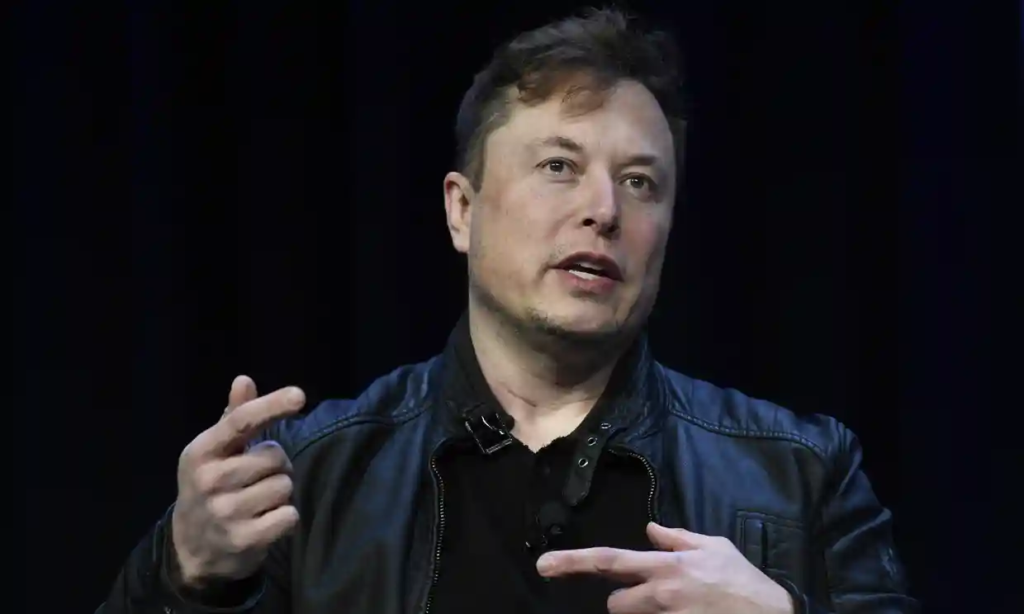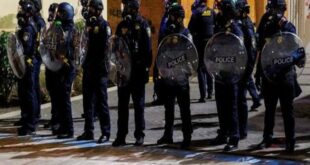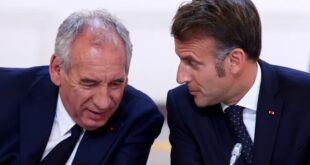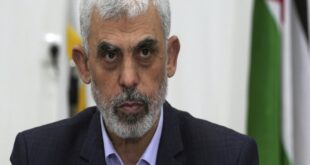
Announcing his £35bn ($44bn) acquisition of Twitter this week, Elon Musk made a typically sweeping claim: “Free speech is the bedrock of a functioning democracy, and Twitter is the digital town square where matters vital to the future of humanity are debated.” The self-described “free speech absolutist” now owns a platform where those views will probably shape the experience of its 400 million users and possibly wider society. His position deserves serious examination.
Put into practice, the website might find itself going back to the future. A decade ago, Twitter executives described it as “the free speech wing of the free speech party”. That was an era in which protesters in the Arab spring tweeted against their authoritarian rulers and when wannabes gained notoriety for directing vile racist and sexist abuse against others often more famous. From MPs to female actors in Ghostbusters, the hate brigaders had many targets and met pitifully few obstructions.
Elon Musk claims to be a ‘free speech absolutist’. As the platform’s new boss, he may find that principle hard to enact
It took until December 2017 for the platform to boot off the American Nazi party and other white supremacists, months after the lethal Unite the Right rally in Charlottesville, Virginia. Painfully slowly, the platform had finally learned that its policy of letting people say pretty much whatever they liked created an environment that millions didn’t like. It dismayed users and repelled advertisers.
The very views that have helped make Mr Musk such a popular user of Twitter (86 million followers and rising) will be useless to him as its owner. Take one of the billionaire’s tweets from this week, which reads in part: “By ‘free speech’, I simply mean that which matches the law. I am against censorship that goes far beyond the law.” Sounds reasonable, but in practice it is unworkable.
In the US, for instance, it most likely means opening the door to look-at-me provocateurs and the far right. It means Make Twitter Toxic Again. But in Saudi Arabia and China, on the other hand, following the letter of the free-speech laws will turn the platform into a barren wasteland. In both cases, pointing to the first amendment gets you nowhere.
This isn’t rocket science – which is a shame because Mr Musk is a rocket scientist. At SpaceX and Tesla, he has proven himself a brilliant engineer. But his views on ethics and politics are clearly work in progress. Put alongside the much larger Facebook, Twitter cannot match its armies of moderators and advisers and independent experts. And yet both platforms are running into ever more significant regulatory headwinds. Westminster is introducing what the government describes as the world’s first online safety laws. Not far behind is Brussels, where the European Commission has launched a declaration on digital rights that calls for technology firms to “respect people’s rights, enable their exercise and promote inclusion”.
Those last two words are crucial. For all that social media firms boast of providing a public good, they have hardly thought about debate in terms that go beyond banning the most obnoxious participants. They are often little more than competitions of who shouts loudest for longest. If these huge ethical, political and social issues are left to a tiny bunch of American billionaire media owners and their well-paid advisers to arbitrate, social media will always fail to live up to the promise of being a global digital commons. When Donald Trump was hoicked off Twitter and Facebook, Mr Musk tweeted: “A lot of people are going to be super unhappy with West Coast high tech as the de facto arbiter of free speech.” Fair point then, fair point now.

World Opinions by The Guardian view




 World Opinions Débats De Société, Questions, Opinions et Tribunes.. La Voix Des Sans-Voix | Alternative Média
World Opinions Débats De Société, Questions, Opinions et Tribunes.. La Voix Des Sans-Voix | Alternative Média




